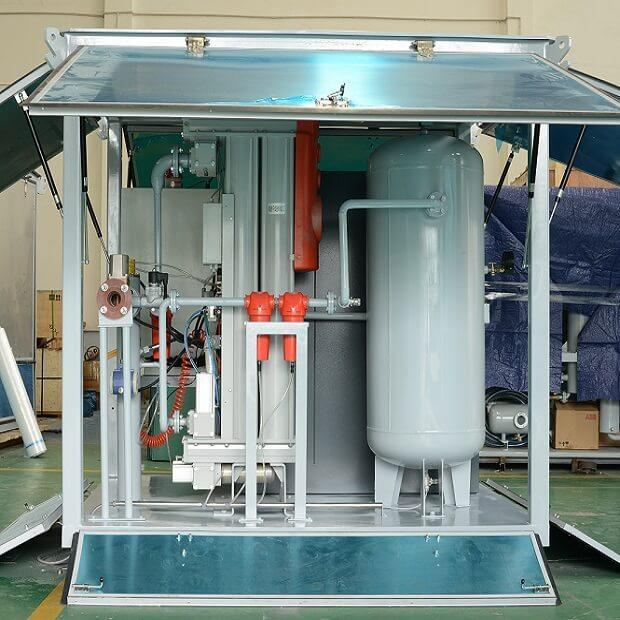Dry air generators are workhorses in many industries, ensuring the safety and efficiency of critical equipment by removing moisture from the air. But like any machine, they require regular care to function at their best. By following a few key maintenance practices, you can extend the life of your dry air generator and ensure it delivers optimal performance.
Understanding the Key Players
Before diving into maintenance, let's get familiar with the essential components of your dry air generator:
The Engine: Air Compressor - This is the heart of the system, compressing ambient air to initiate the drying process. Oil-injected or oil-free compressors are available depending on your needs.
Moisture Slayer: Refrigerated Air Drying System - As the compressed air exits the compressor, it's laden with moisture. This system acts like a sponge, efficiently removing bulk moisture through condensation.
Maintaining Peak Performance
Regular Filter Cleaning: Just like your car's air filter, your dry air generator has filters that trap dust and debris. Clogged filters hinder airflow and reduce efficiency. Consult your user manual for recommended cleaning intervals and procedures.
Drain the Tank: The refrigerated air drying system condenses moisture, which collects in a tank. Regularly draining this tank prevents water buildup and potential system issues.
Oil Changes (Oil-injected compressors only): Oil-injected compressors require periodic oil changes to maintain lubrication and prevent wear and tear. Refer to your manual for the recommended oil type and change frequency.
Visual Inspection: Don't underestimate the power of a visual check! Look for loose parts, leaks, or any signs of damage. Addressing these issues promptly can prevent them from snowballing into bigger problems.
Consult the Manual: Your user manual is a treasure trove of information specific to your dry air generator model. It details recommended maintenance schedules, troubleshooting tips, and important safety precautions.
Preventative Maintenance is Key:
Following these practices will keep your dry air generator running smoothly. Remember, preventative maintenance is key to avoiding costly repairs and downtime. For more complex tasks or if you suspect an issue, consult a qualified technician.
By following these simple steps, you can ensure your dry air generator continues to deliver clean, dry air, maximizing its lifespan and keeping your critical equipment protected.



